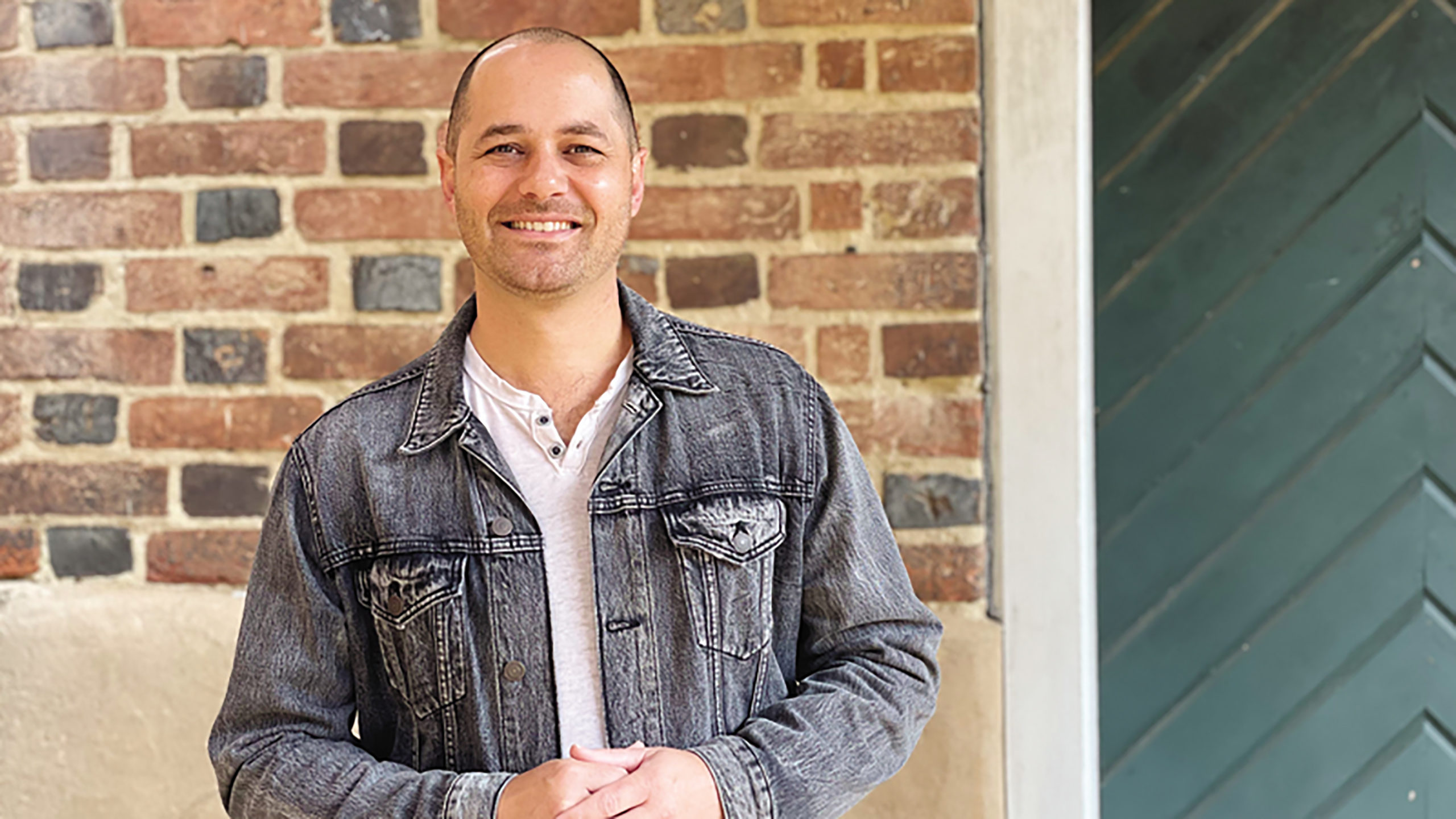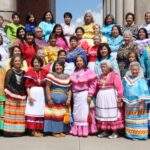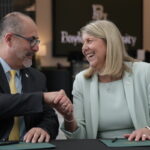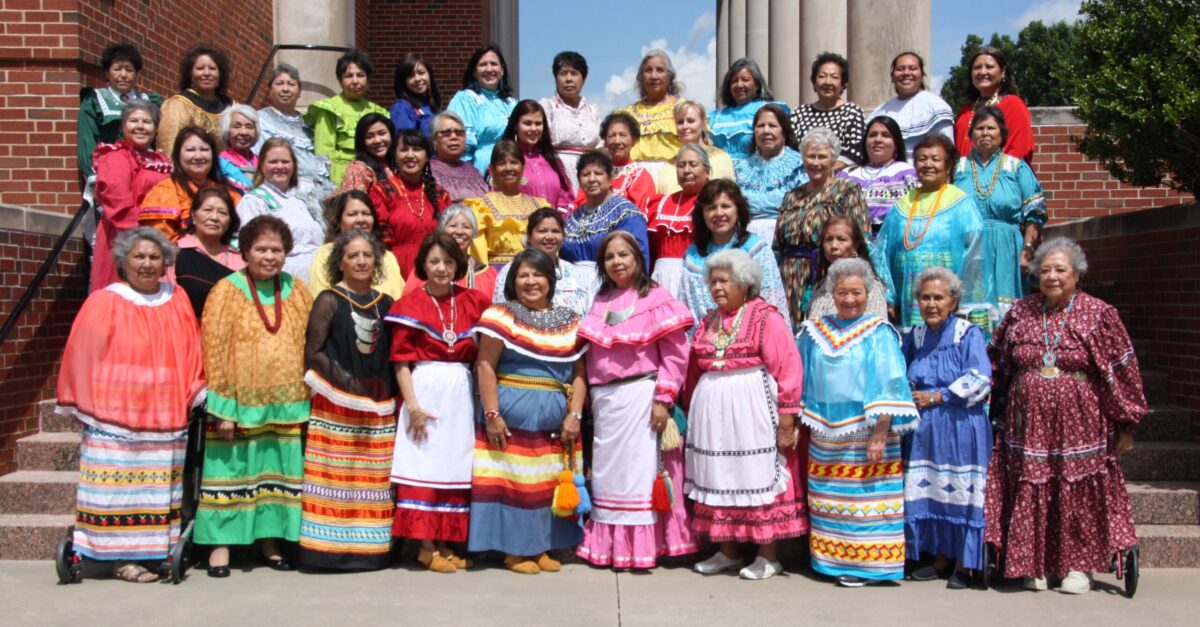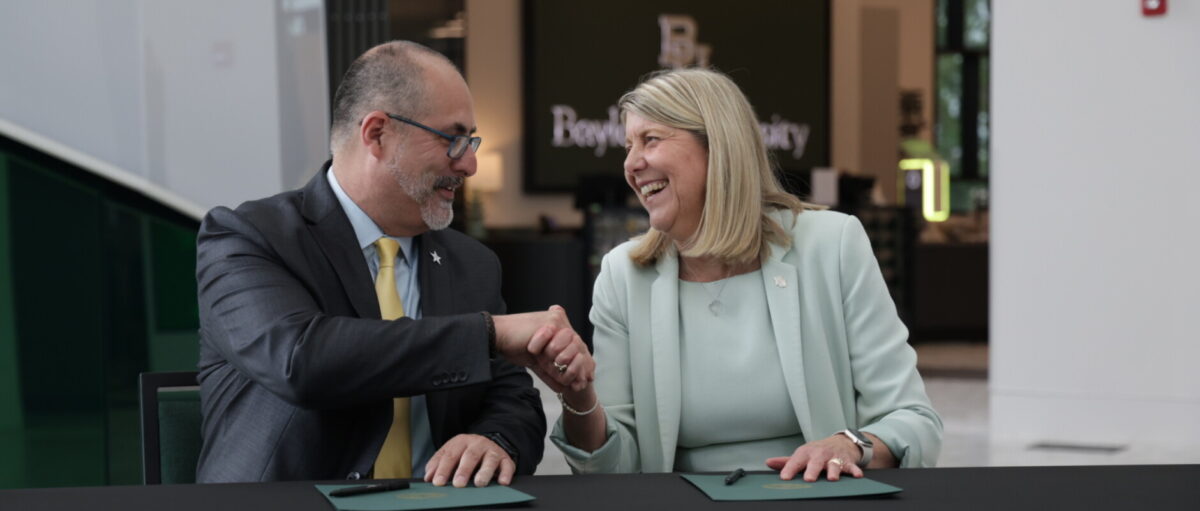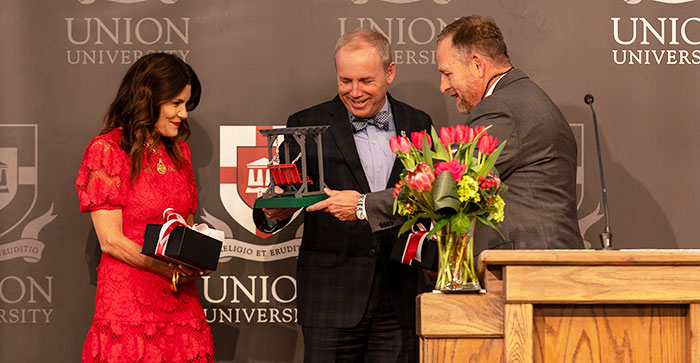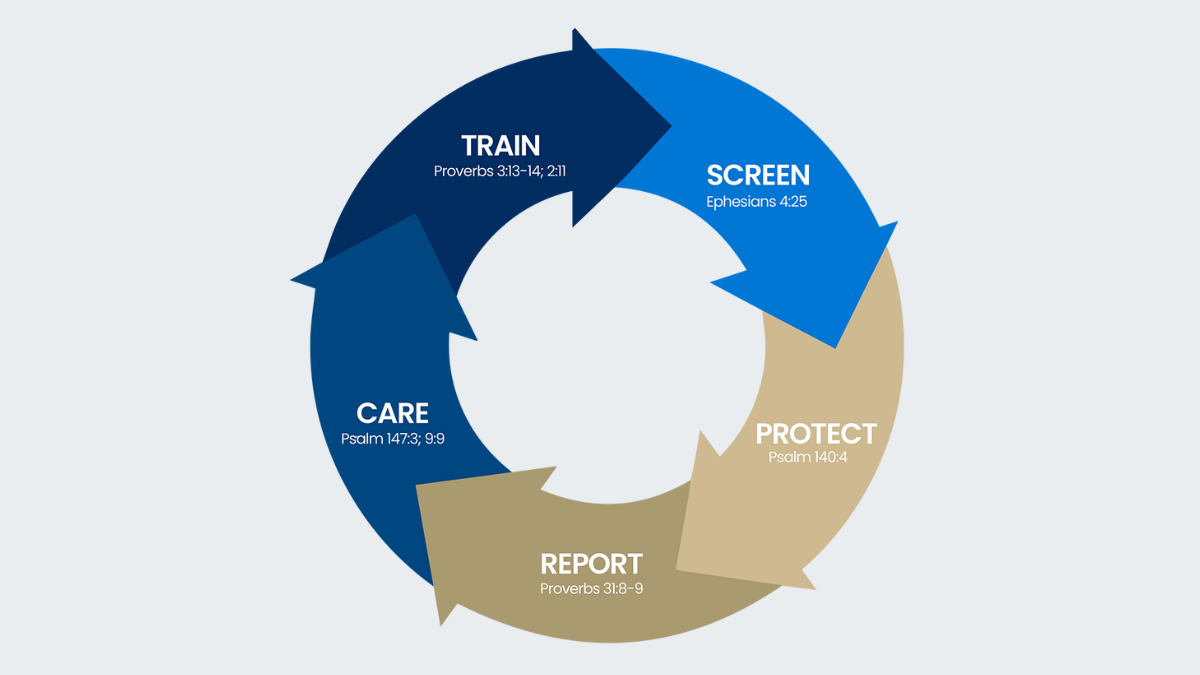“’We all look alike,’ I thought to myself. My heart raced as I looked around the room. Standing behind a simple metal podium in an elementary school auditorium, I was about to preach as I had done each Sunday for the previous five years. Looking at my congregation who had become family to me, I was not prepared for my heart to be broken. I was rendered speechless as tears filled my eyes.”
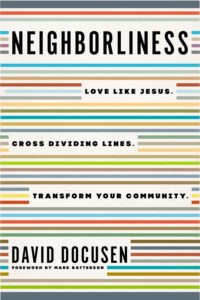
These are the opening words of “Chapter 1: The Day I Opened My Eyes,” from “Neighborliness,” a recent book by David Docusen, pastor, speaker, advocate and author.
Serving more than a decade as a pastor in Charlotte, North Carolina, Docusen says in the book that on the day he had his “revelation” he wrote two statements in a journal that would change his life and ministry:
— “Like people invite like people.”
— “Our beautiful church looks nothing like our beautiful city.”
“I was pastoring a church located directly on a dividing line between the rich and poor in Charlotte,” Docusen recalled. “I noticed that many white people in our church were uncomfortable crossing dividing lines of race and economics. Through the relationships formed in that unique context, I was confronted on a daily basis by the realities of racial and economic inequality in our community.”
In the book, Docusen defines “neighborliness” as “the behavior of Christians to embody the love, understanding, curiosity, kindness and care of Jesus.”
He goes on to say that Jesus would go out of His way to talk to those different from Him — either in looks or way of living.
Docusen knew if he wanted to lead his church to follow Jesus’ example, something had to change.
“I was so moved that I decided to pursue a doctoral degree exploring how the church can respond to generational poverty,” Docusen recalled.
The book came out of research for his doctoral dissertation: “Neighborliness: A Call to Racial and Socioeconomic Equity in Charlotte, North Carolina.”
Biblical justice
Some accuse Docusen of writing a social justice book and not one about faith.
“My response is that social justice is embedded into the larger narrative of biblical justice,” he said. “The greatest commandment calls us to love God and neighbors, and we cannot fulfill this commandment if justice is not for everyone in our community.”
Though writing a dissertation is similar to writing a book, Docusen there is more collaboration with the latter.
“I loved working with my editor, going back and forth on ideas that make the message stronger,” he remembered. “I was so nervous about that part of the journey before I wrote Neighborliness — my first book — but my editor pulls out the best in me and makes the message more concise and clear.”
Sharing the message of “Neighborliness” has been a family affair — his wife and four children have traveled with him to 31 states.
Faith journey
Though Docusen’s ministry has changed a great deal since it started, personal faith is still the most important aspect of his life.
“My faith informs everything that I am and pursue in this life,” he said. “Jesus captivated my heart and set me free from my sin, so I want people to know that same freedom and joy that I have found in Him.”
“I want to be great at the greatest commandment. Loving God and neighbors can be hard when it includes loving people from different backgrounds than mine, but I have found so much joy in the commitment to explore and express the spirit of neighborliness.”
Docusen has worked with friends and colleagues to found two nonprofit organizations that work toward biblical justice. The Neighborliness Center creates practical resources for churches, nonprofit organizations and businesses throughout the world. Freedom Communities provides equitable access to employment, healthcare and housing in Charlotte.
Each chapter in the book ends with a Bible verse or prayer, discussion questions and an action step. There is an additional 30-page guide, “Neighborliness in Your Church,” which provides resources for a six-week sermon series and small group study. A video series will be released this month (May).
The book is available at Amazon or other major retailers. To find out more about Docusen’s ministry visit www.daviddocusen.com. For free related resources for pastors, churches or other groups see www.neighborliness.com. For more about Freedom Communities visit www.freedomcommunities.com.

